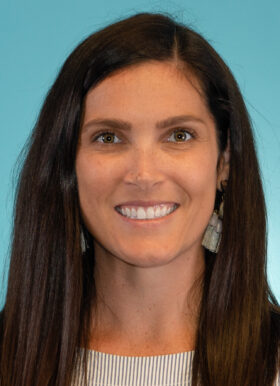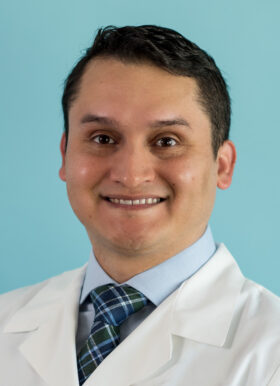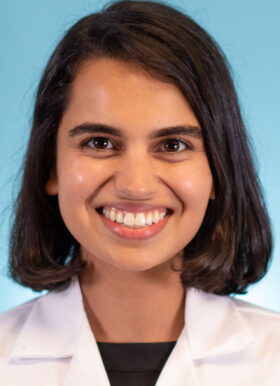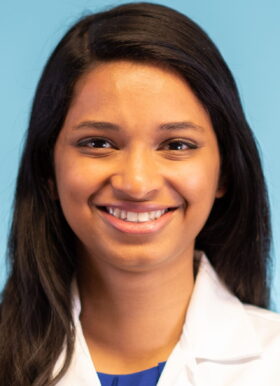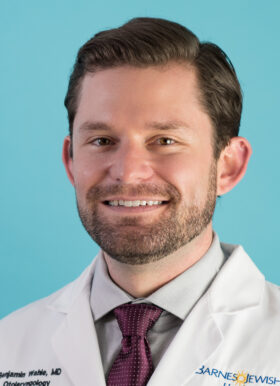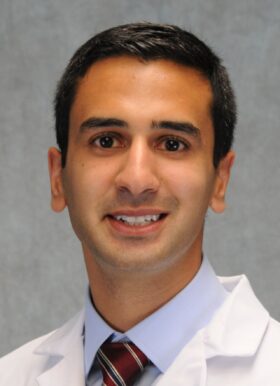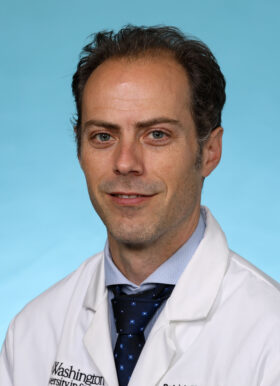
Patrik Pipkorn, MD
Associate Professor
Otolaryngology—Head & Neck Surgery
Dr. Pipkorn’s areas of clinical interest include head and neck benign and malignant lesions, thyroid tumors, parathyroid, sinonasal benign and malignant tumors, and reconstruction of head and neck defects.
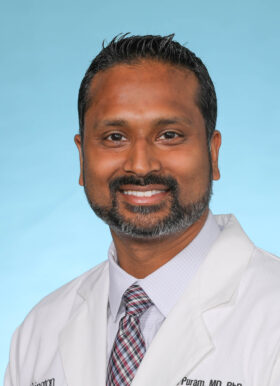
Sidharth V. Puram, MD, PhD
Associate Professor of Otolaryngology—Head & Neck Surgery
Division Chief, Head & Neck Surgery
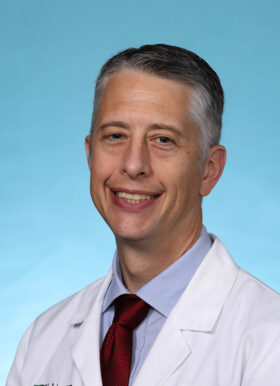
Jason T. Rich, MD, FACS
Associate Professor of Otolaryngology—Head & Neck Surgery
Castle Connolly Top Doctor
Dr. Rich performs surgical removal of head and neck tumors as well as advanced reconstruction of the head and neck. He has expertise and clinical interest in treating advanced skin cancers such as melanoma, squamous cell carcinoma, and Merkel cell carcinoma. He also has expertise in complex airway surgery and reconstruction as well as treating parotid tumors.
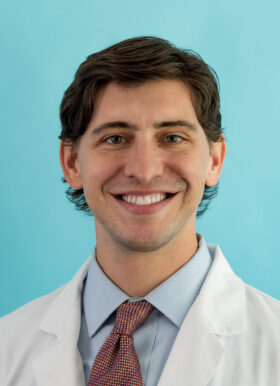
Joseph Roh, MD
MD: Washington University School of Medicine
“I was so thrilled to get the opportunity to stay and train at Washington University and its incredible otolaryngology department. More than just a place on the cutting edge of practice and research, it is filled with amazing people through and through.”
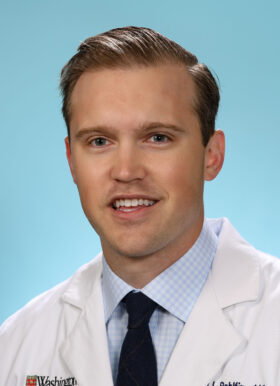
Matthew L. Rohlfing, MD
Assistant Professor of Otolaryngology—Head & Neck Surgery
- Phone: 314-362-7509
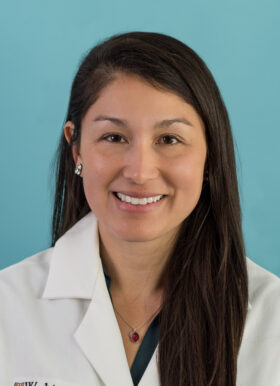
Lauren Roland, MD, MSCI
Assistant Professor of Otolaryngology—Head & Neck Surgery
Dr. Roland is a specialist in rhinology and anterior skull base disease, including chronic rhinosinusitis, nasal polyps, fungal sinusitis, nasal obstruction, and CSF leaks.
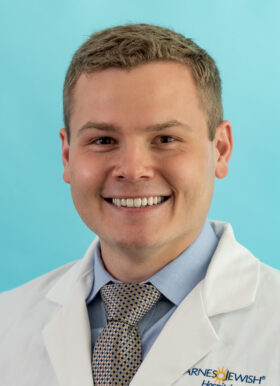
Daniel Romano, MD
MD: Indiana University School of Medicine
“I was drawn to WashU by the exceptionally strong and well-rounded surgical training, the quality of research, the livability of the city of St. Louis, and the world-renowned faculty. I was ultimately sold on the supportive and collegial culture conveyed by faculty and resident interviewers, who were as congenial and down-to-earth as they are esteemed and accomplished.”
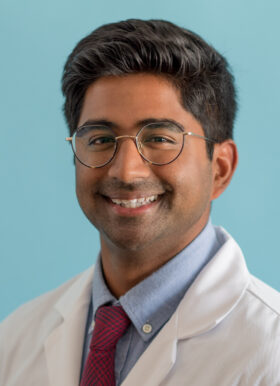
Prithwijit Roychowdhury, MD
MD: University of Massachusetts School of Medicine
“I am thrilled to join the WashU community and begin my career in otolaryngology! It is an honor to be able to train at a program that balances an incredible clinical and surgical training with limitless research opportunities, all in a collaborative and supportive environment.”
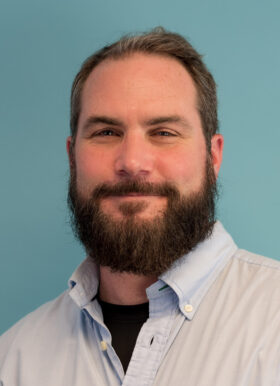
Mark A. Rutherford, PhD
Associate Professor of Otolaryngology—Head & Neck Surgery
Electrical and chemical signaling across membranes, neural temporal code, spike generation, molecular anatomy of synapses, membrane excitability disorders, auditory and vestibular systems, synaptic electrophysiology, sensory hair cells, spiral ganglion neurons, ribbon synapses, ion channel organization and function, nano-scale microscopy, Ca2+ and voltage imaging, mutational analysis, computational modeling, cochlear implants, structure-function relationships, synaptic development and heterogeneity, genetics of hearing and deafness, optogenetics, mitochondria, network and synaptic plasticity, efferent neuromodulation of sensory processing, prevention of hearing loss.
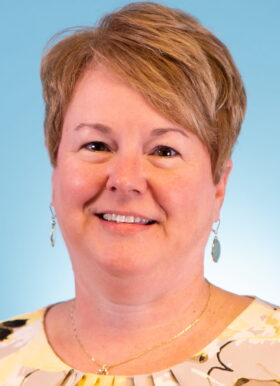
Debbie Scherr
Executive Director of Business Affairs
Otolaryngology—Head & Neck Surgery
- Phone: 314-362-7395
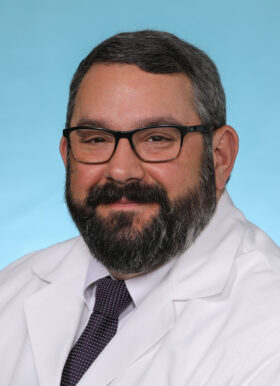
John S. Schneider, MD, MA, FACS
Associate Professor of Otolaryngology—Head & Neck Surgery
Chief, Division of Rhinology
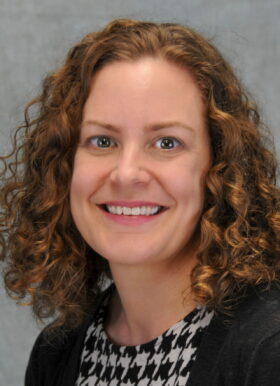
Lavinia Sheets, PhD
Assistant Professor
Otolaryngology—Head & Neck Surgery
- Email: sheetsl@wustl.edu
Hair cells are the sensory receptors of sound, motion, and spatial orientation. Exposure to excessively loud noise or certain drugs can permanently damage hair cells and their connections to nerve fibers. My lab investigates the cellular mechanisms of noise-induced and chemical hair-cell damage using zebrafish as a model for human hearing and deafness.
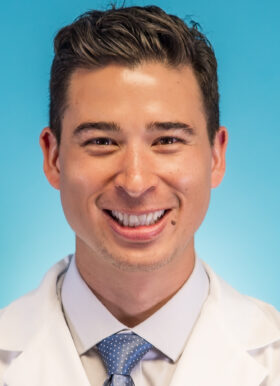
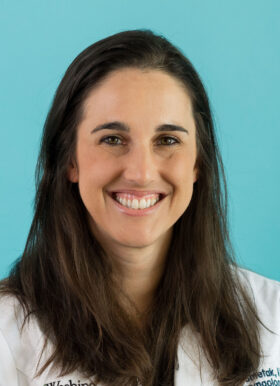
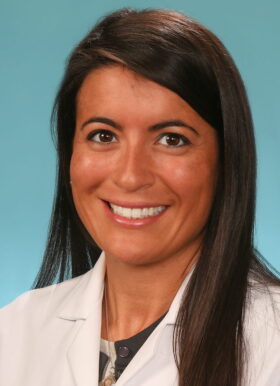
Emily A. Spataro, MD
Assistant Professor of Otolaryngology—Head & Neck Surgery
Castle Connolly Rising Star
Dr. Spataro specializes in rhinoplasties for both functional and cosmetic purposes, facial Mohs reconstructions, facial trauma, cosmetic surgeries and procedures such as Botox, fillers, brow lifts, eyelid surgeries, facelifts/necklifts, laser and chemical peels for skin resurfacing.
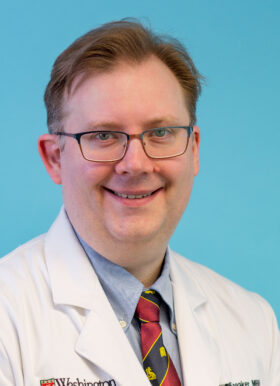
Richard Benjamin Speaker, MBBCh
Assistant Professor of Otolaryngology—Head & Neck Surgery
- Phone: 314-454-6162
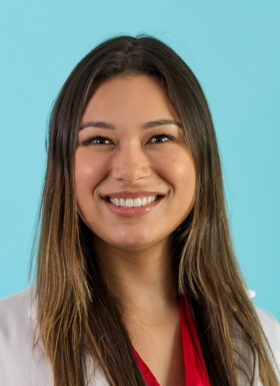
Holly N. Sprow, MD
MD: Tufts University School of Medicine
I am very honored and excited to be at one of the best clinical and research training programs in the country. I chose WashU for its high-operative volume, supportive faculty and residents, resources, and research opportunities.
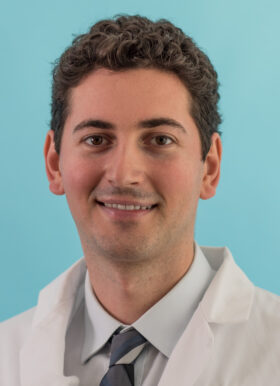
William Strober, MD
MD: University of Pittsburgh School of Medicine
“I’m excited to be joining this group of amazing physicians at such an impressive institution!”
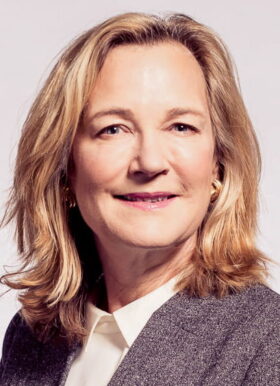
Nancy Tye-Murray, PhD
Professor
Otolaryngology—Head & Neck Surgery
Research Interests: Research in the Tye-Murray laboratory centers on fostering successful spoken language communication for both adults and children. Half of our efforts center on understanding the fundamental processes that allow for audiovisual speech perception, using behavioral measures and more recently, fMRI methodology, with particular emphasis on how development and aging affect perceptual abilities. The second half centers on developing aural rehabilitation strategies that develop both listening and speechreading abilities.
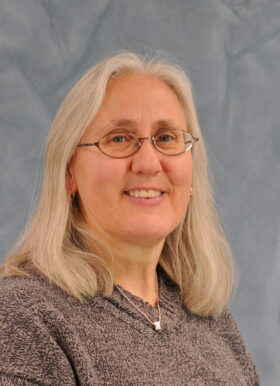
Rosalie M. Uchanski, PhD
Associate Professor
Otolaryngology—Head & Neck Surgery
Research Interests: Speech perception by hearing-impaired listeners, especially cochlear implant users; perception of talker-specific properties of speech by cochlear implant users, perception of suprasegmental speech characteristics and its relation to learning words; psychoacoustic abilities of cochlear implant users and of persons with unilateral hearing loss.
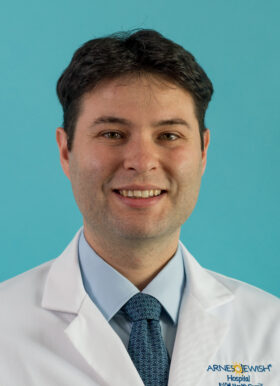
Ruben Ulloa Jr., MD
MD: Keck School of Medicine of the University of Southern California
I was drawn to Washington University in St. Louis for its longstanding history of innovation and discovery fueled by research, its culture of collaboration, and clinical breadth and depth in otolaryngology. On interview day, I felt very welcomed and continue to feel welcomed and supported by everyone I have met here.
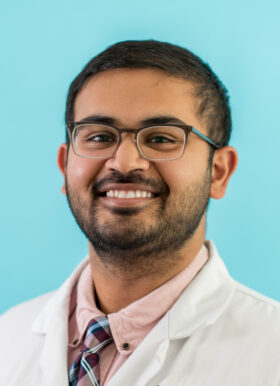
Jordan Varghese, MD
MD: Emory University School of Medicine
“Impressed by the world-class surgical training alongside research expertise from approachable faculty.”
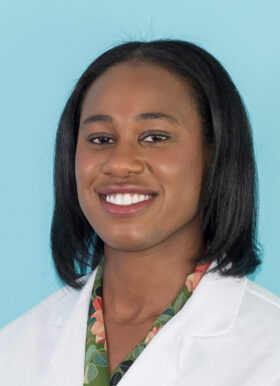
Nneoma Wamkpah, MD
MD: University of Missouri, Kansas City
“The research reputation and case-load variety are impressive…and the Patagonia jackets are pretty fly, too.”
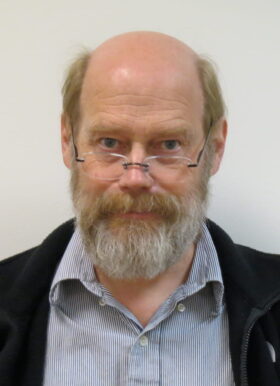
Mark Warchol, PhD
Professor
Otolaryngology—Head & Neck Surgery;
Professor
Dept. of Anatomy & Neurobiology
Research in my lab focuses on the development and regeneration of sensory receptors and afferent neurons in the inner ear.
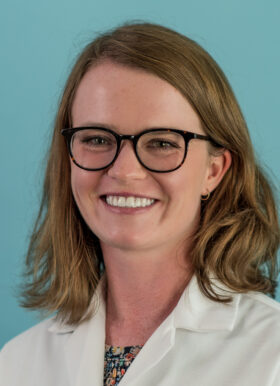
Emma Watson, MD, PhD
MD: Baylor College of Medicine
“I am ecstatic to match into otolaryngology at Washington University in St. Louis, and I am honored to be able to train at a place with both surgical and research excellence. I look forward to working hard with supportive co-residents and faculty, learning all I can, and taking care of patients as I continue on my path to become a surgeon-scientist!”
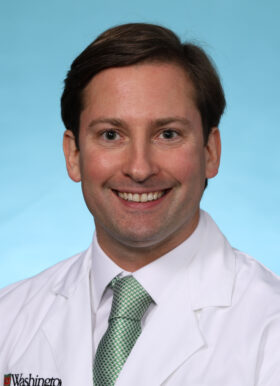
Cameron C. Wick, MD
Associate Professor of Otolaryngology—Head & Neck Surgery
Castle Connolly Top Doctor
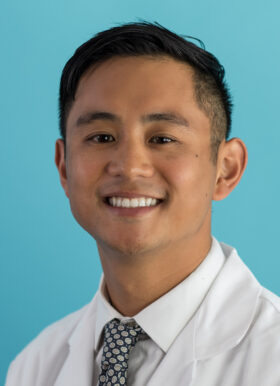
Matthew J. Wu, MD
MD: Stritch School of Medicine at Loyola University, Chicago
“I am thrilled to start my career in otolaryngology at WashU and join an incredible group of faculty, residents, and supportive family. I am excited to train with excellent leaders and mentors in the field and be part of an amazing culture that cultivates great clinical training and research opportunities!”
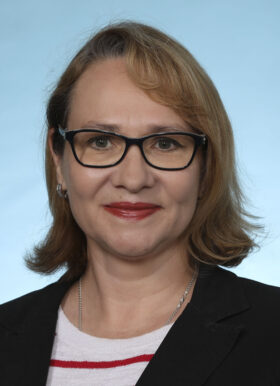
Tatyana A. Yakusheva, PhD
Assistant Professor
Otolaryngology—Head & Neck Surgery
My work focuses on understanding the role of the cerebellar nodulus and uvula (NU) in motion perception and spatial navigation. We aim to understand how NU processes the vestibular signals arriving directly or indirectly from the vestibular organs (otolith and semicircular canal afferents).
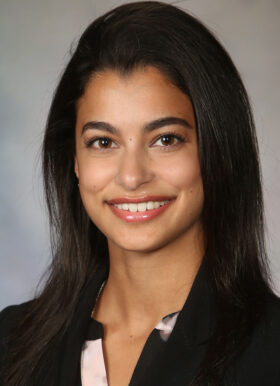
Stephanie Youssef, MD
MD: Mayo Clinic School of Medicine
“It is a privilege to train with esteemed faculty members that are invested in helping me become a capable, well-rounded otolaryngologist.”
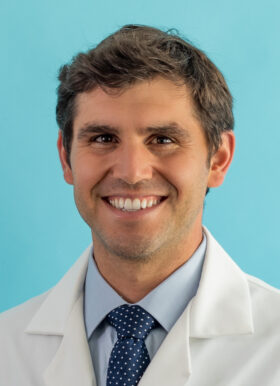
Paul Zolkind, MD
Assistant Professor of Otolaryngology—Head & Neck Surgery
Chief of Otolaryngology, John Cochran VA Medical Center
Dr. Zolkind is a head and neck specialist that treats benign and malignant head and neck tumors, salivary gland tumors and thyroid and parathyroid disorders. He specializes in transoral robotic surgery and microvascular reconstruction.
